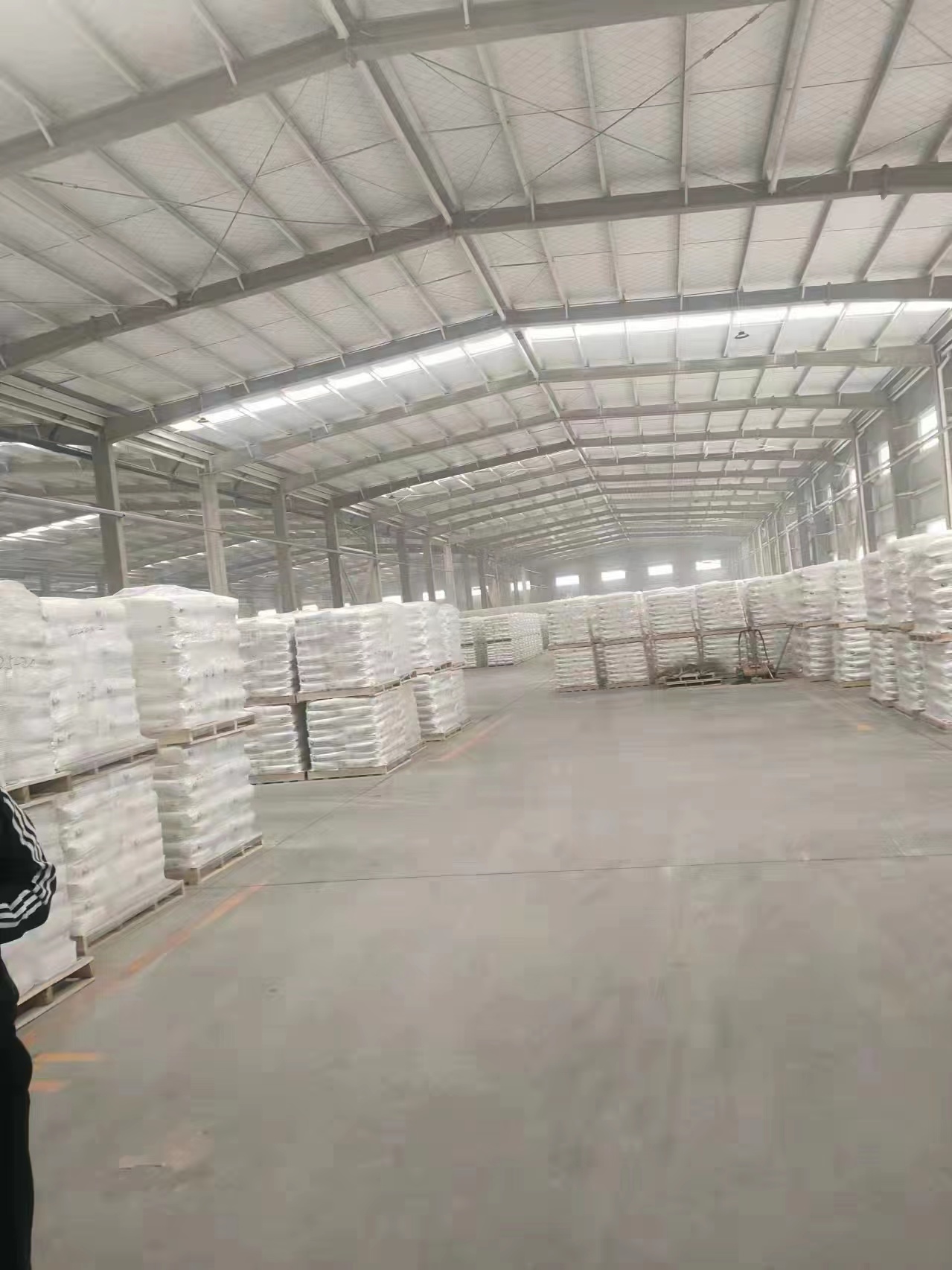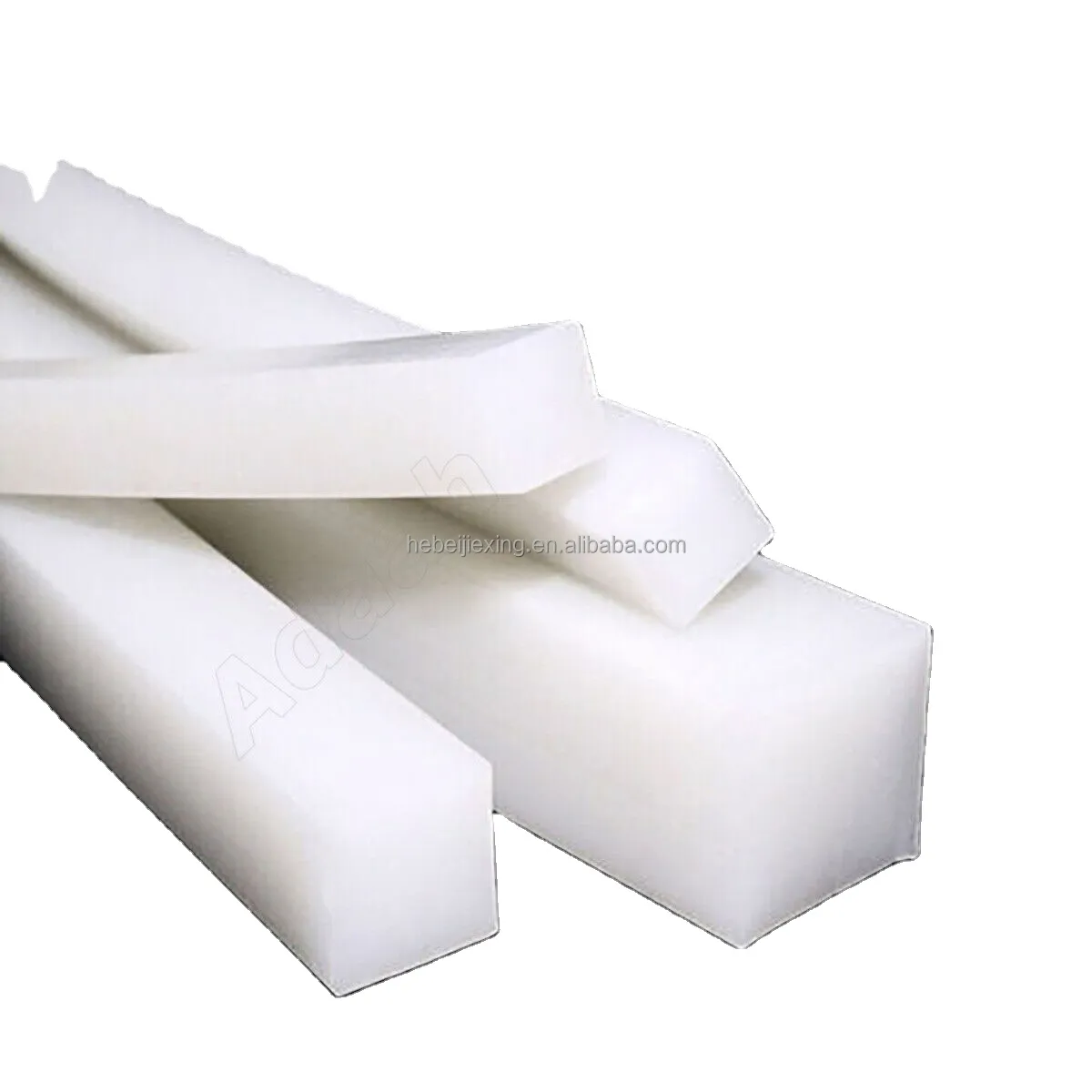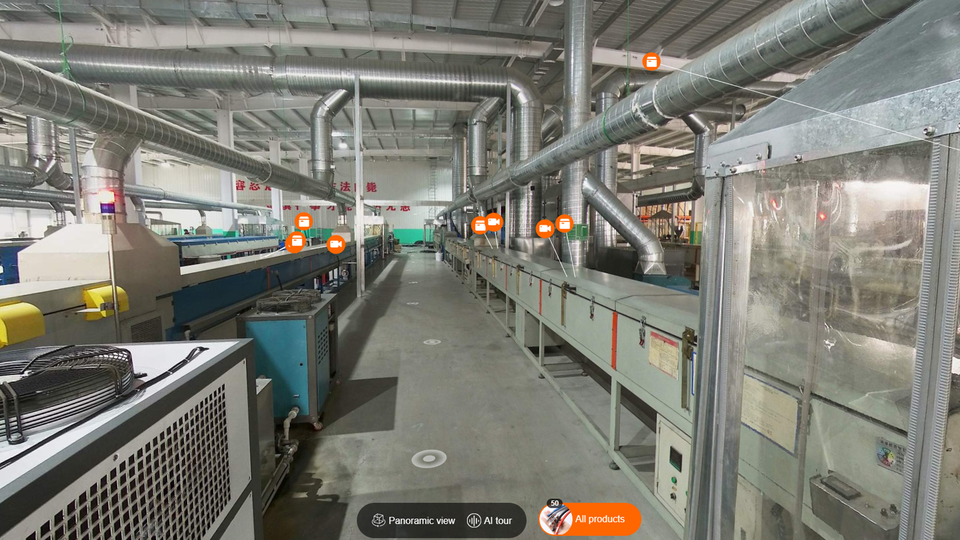...
2025-08-15 08:33
1429
...
2025-08-15 08:09
1428
...
2025-08-15 08:04
825
...
2025-08-15 07:49
2091
...
2025-08-15 07:48
1438
...
2025-08-15 07:24
2758
...
2025-08-15 07:07
413
...
2025-08-15 06:41
2982
...
2025-08-15 06:34
2071
...
2025-08-15 06:01
61





